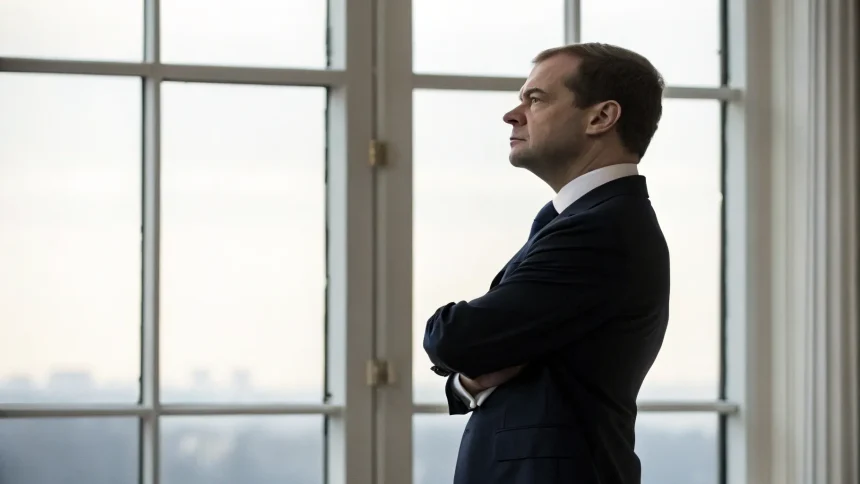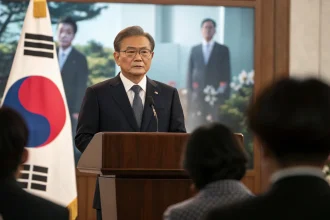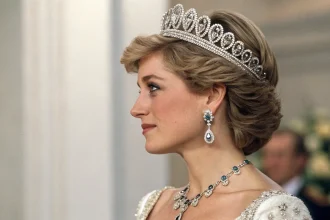Dmitry Medvedev, a prominent Russian political figure, currently serves as deputy chairman of the Security Council of Russia, a position he has held since 2020. This appointment followed his extensive tenure in Russia’s highest governmental offices, where he shaped the nation’s domestic and foreign policies for over a decade.
Before assuming his current security role, Medvedev’s political career included serving as the president of Russia from 2008 to 2012, followed by eight years as prime minister from 2012 to 2020. His political trajectory represents one of the most stable leadership transitions in modern Russian politics.
Presidential Legacy of Economic Modernization
During his four-year presidential term, Medvedev made economic modernization the centerpiece of his administration. He implemented policies aimed at diversifying Russia’s economy beyond its traditional reliance on natural resources, particularly oil and gas exports.
His modernization agenda focused on several key areas:
- Technological innovation and digital infrastructure development
- Reducing bureaucratic barriers for businesses
- Attracting foreign investment
- Developing Russia’s research and scientific capabilities
These initiatives came during a challenging period for the global economy, as Medvedev’s presidency coincided with the aftermath of the 2008 financial crisis. His administration worked to insulate Russia from external economic shocks while pursuing structural reforms.
Political Partnership with Putin
Medvedev’s political career has been closely intertwined with that of Vladimir Putin. When Putin faced constitutional term limits in 2008, Medvedev was elected president while Putin became prime minister. This arrangement, often referred to as the “tandem,” allowed for continuity in Russian governance.
In 2012, the roles reversed, with Putin returning to the presidency and Medvedev taking the prime minister position. This political partnership has been one of the defining features of Russian politics in the 21st century.
As prime minister from 2012 to 2020, Medvedev oversaw the implementation of numerous domestic policies and represented Russia in various international forums. His eight-year tenure made him one of Russia’s longest-serving prime ministers.
Current Security Council Role
In January 2020, following a government reshuffle, Medvedev resigned as prime minister along with his entire cabinet. He was subsequently appointed to the newly created position of deputy chairman of the Security Council of Russia, with Putin serving as chairman.
The Security Council is a constitutional body that works to protect Russia’s national interests and ensure its security. As deputy chairman, Medvedev helps coordinate defense and security policy, addressing both internal and external threats to Russian stability.
This position keeps Medvedev within Russia’s inner circle of power, though with a more specialized focus on security matters rather than the broader governmental responsibilities he previously held.
Medvedev’s transition through these various high-level positions reflects the evolution of Russia’s political structure over the past two decades. From his initial focus on economic modernization as president to his current security-oriented role, his career illustrates the shifting priorities of Russian governance in response to domestic and international challenges.









